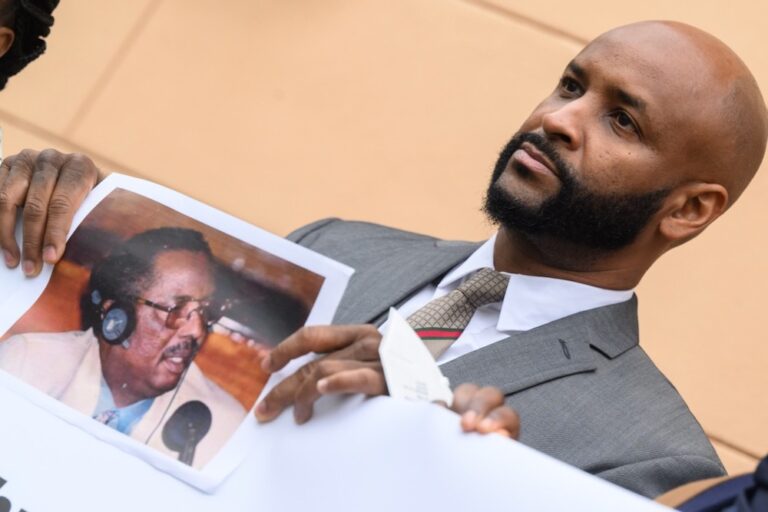(IPI/IFEX) – The following is a 21 June 2006 IPI press release: Vienna, 21 June 2006 IPI Welcomes Millennium Challenge Corporation’s Suspension of Gambia According to information provided to IPI, on 19 June, the Board of Directors of the Millennium Challenge Corporation (MCC), an organisation providing US congressional aid to countries that rule justly and […]
(IPI/IFEX) – The following is a 21 June 2006 IPI press release:
Vienna, 21 June 2006
IPI Welcomes Millennium Challenge Corporation’s Suspension of Gambia
According to information provided to IPI, on 19 June, the Board of Directors of the Millennium Challenge Corporation (MCC), an organisation providing US congressional aid to countries that rule justly and encourage economic freedom, suspended Gambia’s suitability for assistance after “a pattern of actions inconsistent with MCC’s selection criteria.”
In reaching its decision, the Board said it examined “documented evidence of human rights abuses and increased restrictions on political rights, civil liberties, and press freedom by the government.” The Board said Gambia would be reinstated if it took “tangible and significant actions to address the areas of decline and embrace political and economic reforms.”
Commenting on the decision of the MCC, IPI Director Johann P. Fritz said, “I welcome the MCC’s decision. It reflects a growing recognition that freedom of the press and an independent media are fundamental to sustainable development and fighting corruption, which is ruining so many Africans’ lives. In general, governments that fail to uphold these rights should not receive the benefit of assistance.”
“Such a decision also makes sense for donors. A free press is an additional layer of insurance against corruption. Donors should not have to assist governments where, without the additional benefit of a free press, their money may be siphoned out of development projects and into the hands of corrupt officials and businessmen.”
Fritz went on to say, “Regarding Gambia, the situation has worsened in recent years with the government gaining an unenviable reputation for persecuting the independent media, imprisoning government opponents and undermining the rule of law. The murder in 2004 of The Point editor, Deyda Hydara, and the attacks on the Independent newspaper and its staff are particularly worrying.”
“Given the extremely serious nature of these press freedom violations and the fact that the government appears unwilling to uphold the rights of ordinary Gambians, I believe that the African Union should think very carefully whether Banjul is a suitable venue for future summits.”
“Governments with extremely poor human rights and press freedom records should not be seen to benefit through their association with inter-governmental organisations that are sworn to uphold these essential rights,” said Fritz.


